

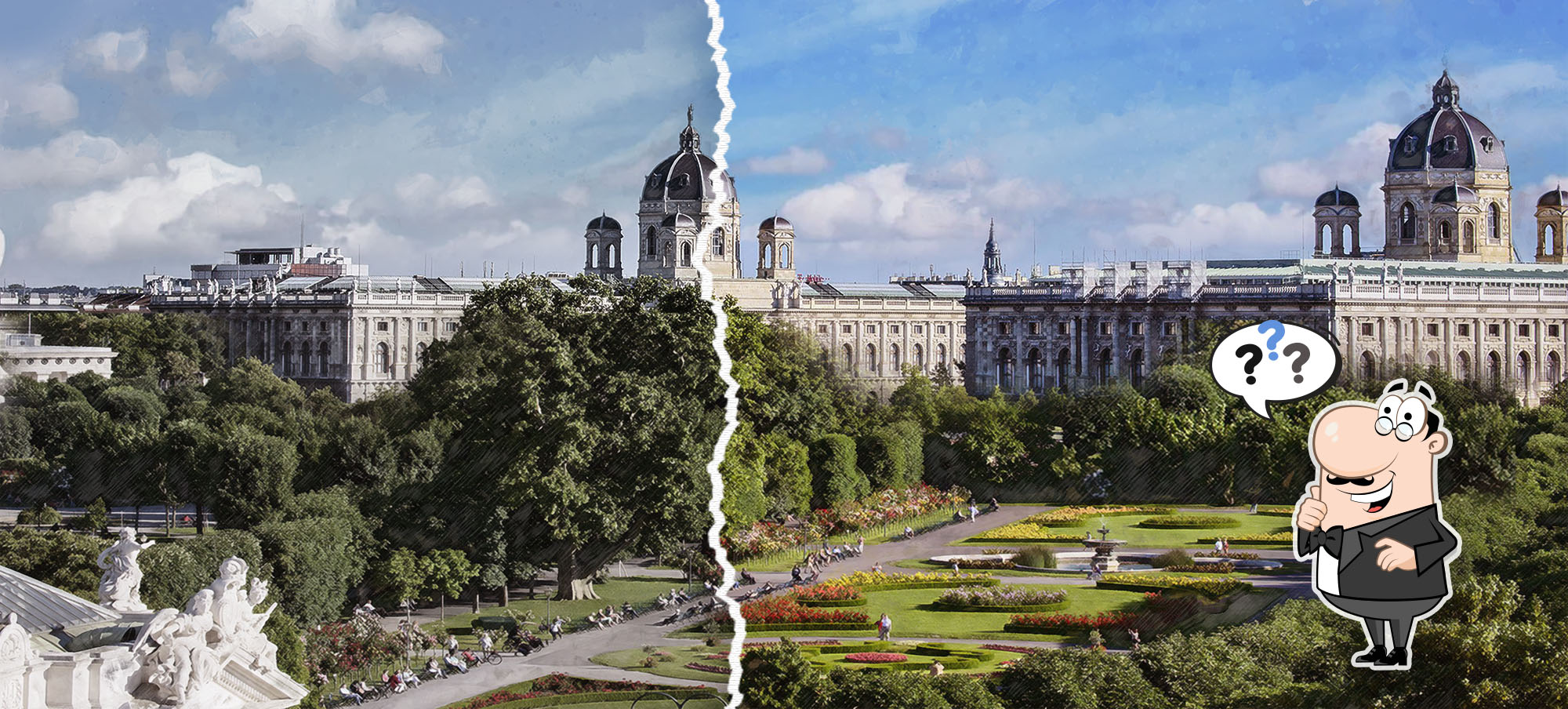
Let’s take you behind the scenes of life in Vienna, one of Austria’s most prosperous and culturally rich cities. Of course, some of the flaws we’re about to reveal may fade into the background once you’ve settled in, and during a short vacation, you might not notice them at all.
But even if you’re tempted to cancel your flight out of frustration with the downsides listed below, hang tight and read until the end. We’ll share 3 hidden gems, where you’ll discover Vienna’s unique charm, bold character, and incredible talent!
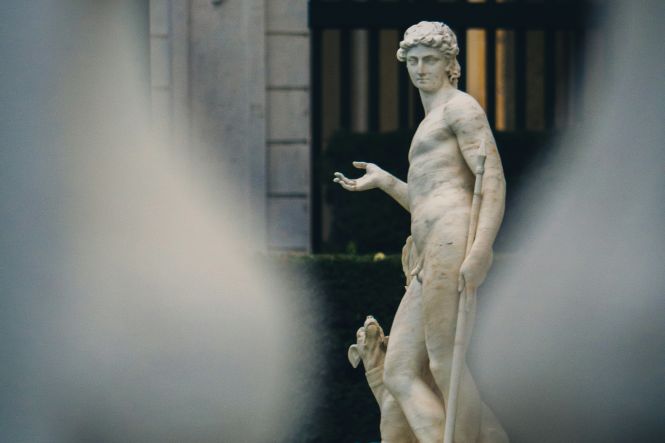 Brace yourself – getting medical issues sorted in Austria can be a slow and pricey adventure. Photo by Liviu C on unsplash.com
Brace yourself – getting medical issues sorted in Austria can be a slow and pricey adventure. Photo by Liviu C on unsplash.com
Healthcare in Vienna is top-notch, with Austria’s medical standards being among the best in the world. However, accessing it can be both time-consuming and expensive. Every visit to a doctor requires careful planning, as long wait times are the norm. Essential medications are only available with a prescription – this typically involves booking an appointment at a private clinic (if you don’t have insurance), which starts at around €200, and undergoing necessary tests.
To see a specialist, you first have to visit a general practitioner — Austria’s equivalent of a family doctor — who will decide if you need a referral to a cardiologist, gastroenterologist, surgeon, etc. Even then, standard insurance doesn’t always guarantee immediate access to certain professionals. Expect to spend two to three weeks waiting, and the same goes for diagnostic tests like ultrasounds or MRIs. If you’re not keen on delays, consider getting private insurance to skip the line and receive faster service.
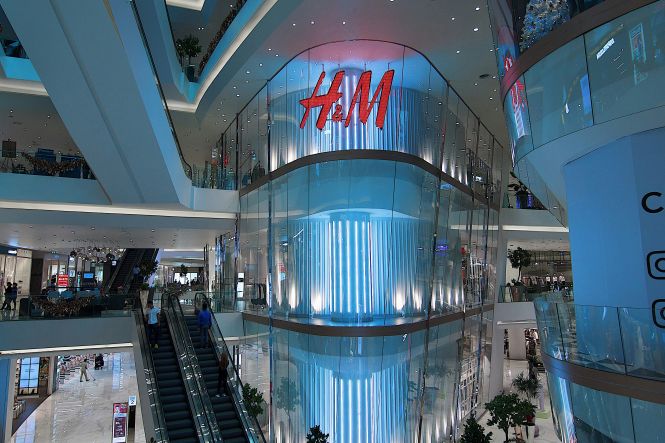 Night owls beware! Late-night shopping isn’t really a thing in Austria. Photo by Psk Slayer on unsplash.com
Night owls beware! Late-night shopping isn’t really a thing in Austria. Photo by Psk Slayer on unsplash.com
In many European countries, Sundays are a day of rest, with most supermarkets and shops closed, except for a few grocery stores at train stations. But in Vienna, the rules are even stricter. On Saturdays, stores shut their doors by 6:00 pm, and on Sundays, everything comes to a standstill.
So, if you’re planning a weekend spree for furniture or other essentials, think again. You’ll need to fit in your errands during the workweek, but keep in mind that the biggest stores are often located outside the city, requiring extra effort to reach after a long day at the office. In Vienna, weekends are reserved for rest and family time, so shopping may need to be a weekday affair.
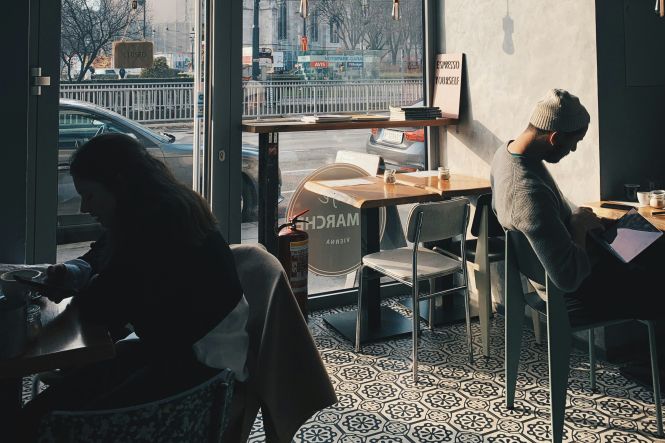 Want to keep your friends? Don’t show up at their place unannounced! Photo by Anastassiya Redko on unsplash.com
Want to keep your friends? Don’t show up at their place unannounced! Photo by Anastassiya Redko on unsplash.com
Building connections in Austria is certainly doable, but be prepared for friendships that feel more like well-organized partnerships. If you're considering dropping by someone's place unannounced with a bottle of wine, think twice. Spontaneous visits are a big no-no and might be met with bewilderment — or worse, you could damage the relationship. In Austria, social visits are meticulously planned. It’s wise to reach out a few weeks in advance — better yet, a month — to lock in a date and time. Austrians are busy, detail-oriented people who aren’t keen on wasting time with unplanned get-togethers.
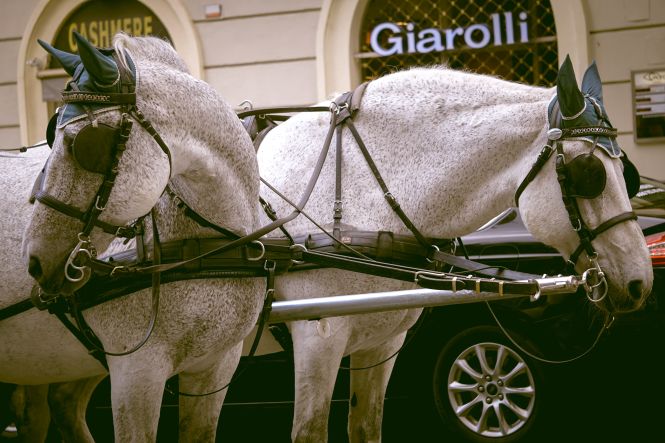 Austria’s dialects might surprise you – it's not all high German here. Photo by Alvensia Angela on unsplash.com
Austria’s dialects might surprise you – it's not all high German here. Photo by Alvensia Angela on unsplash.com
In Austria, German is the official language, but there’s also a wide range of regional accents and vernaculars, each unique to its part of the country. Austrian German can be tricky, even for native speakers, and it’s a real puzzle for foreigners. For instance, while "eggplant" is aubergine in standard German, Austrians call it melanzani. It’s a stark difference. You’ll be understood if you use the standard German term, but navigating a Viennese menu could leave you puzzled if you’re not familiar with the dialect.
The best way to tackle this problem is by immersing yourself in the local German spoken where you live and work. Fortunately, most cities offer a wealth of courses to help you perfect your language skills.
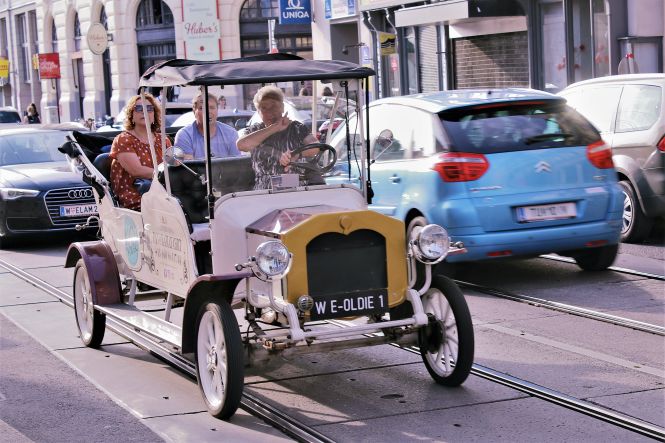 Austrian seniors are living proof that age is just a number. Photo by Pramod Kumar on unsplash.com
Austrian seniors are living proof that age is just a number. Photo by Pramod Kumar on unsplash.com
Thanks to its excellent healthcare system, Austria boasts a life expectancy of 81 years. In Vienna, the average age is around 42.6 years, but in some neighborhoods, you'll find a significant portion of the population is retired. The elderly are so prevalent that businesses have tailored their services to meet their needs. For instance, you might spot several funeral homes in a single area, or special vehicles — a blend of quad bikes and wheelchairs — which are frequently used by the senior citizens.
While Austrian families do have children and you’ll often see them around, enjoying well-funded nurseries, schools, and tax breaks (such as lower taxes for having kids), the overall birth rate remains low, much like in other developed nations. This trend leads us to the next topic.
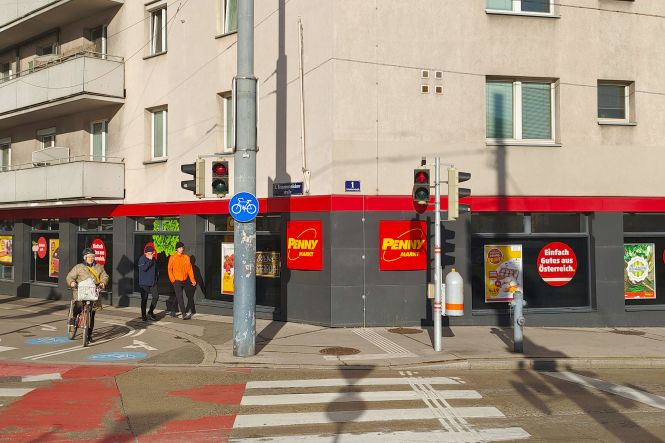 In some corners of Vienna, the street ads seem to be stuck in a time warp – like 20 years behind! Photo by Joshi Milestoner on unsplash.com
In some corners of Vienna, the street ads seem to be stuck in a time warp – like 20 years behind! Photo by Joshi Milestoner on unsplash.com
There’s a cheeky Austrian joke that goes, "Where should you go if the world is ending? Vienna, because everything there happens 20 years later." When it comes to entertainment, music, media, and advertising, Austria is undeniably behind the times. From storefronts and signs to newspapers and TV shows, everything feels outdated, almost quaint compared to the rest of Europe.
It might sound minor, but this cultural delay is quite striking. Imagine tuning into European TV shows from 10 or 20 years ago or flipping through old newspapers, and then realizing that’s the kind of style still prevalent in Austria today.
Outdoor advertising is another throwback, reminiscent of the '90s, with no cohesive design standards. You'll find posters plastered on nearly every street pole, scattered flyers, and shop signs that create a visual overload. It’s a chaotic mix of styles that adds to the overall sense of clutter.
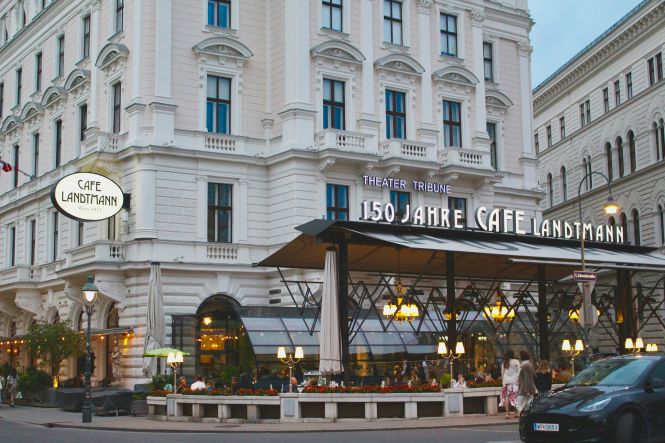 Café Landtmann – serving up classic Viennese vibes since 1873. Photo by Melloo on unsplash.com
Café Landtmann – serving up classic Viennese vibes since 1873. Photo by Melloo on unsplash.com
Austria is a bastion of classical arts, where you can enjoy top-notch opera and ballet. However, when it comes to modern entertainment, you might find it lacking compared to, for instance, Germany. Vienna has around 30 contemporary venues, with the newest being about a decade old and the oldest a whopping 150 years. New venues rarely pop up — there’s simply no demand for it. This isn't Los Angeles, where a new hotspot seems to open every month. Vienna isn’t the epicenter of Europe or the world, so if you're after cutting-edge trends and high-energy experiences, you’ll need to head to Berlin or London.
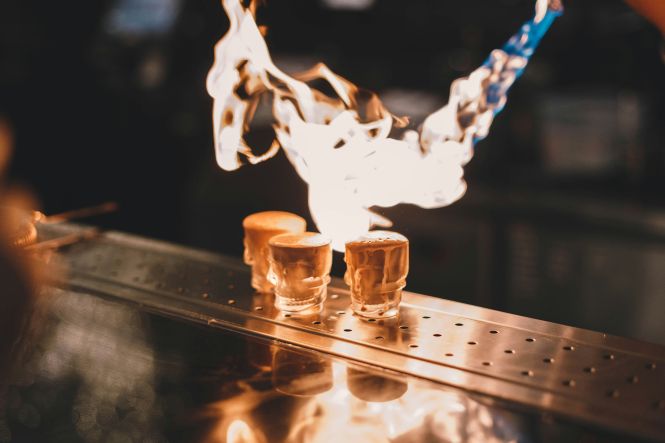 No need to worry – Vienna is full of awesome bars for anyone who hates being bored! Photo by Jia Jia Shum on unsplash.com
No need to worry – Vienna is full of awesome bars for anyone who hates being bored! Photo by Jia Jia Shum on unsplash.com
Fortunately, we’ve got a way to lift you out of Vienna’s traditional scene and into a more dynamic dimension. Despite its old-world charm, here you’ll find a surprisingly lively cocktail scene that’s evolving quickly. While there’s no shortage of classic bars on the streets, we’ve uncovered three incredible spots that will completely change your view of Vienna. Get ready to experience a side of the city you didn’t know existed!
This speakeasy bar is rightfully celebrated as one of Europe’s best, and many visitors come back to Vienna just for another taste of it. Finding Tür 7 can be a bit of a challenge — to gain entry, you’ll need to ring the bell at door number 7 on Buchfeldgasse in the 8th district, near Rathausplatz. Inside, you’ll find yourself in a beautifully designed space with dim, inviting lighting and a plush carpet underfoot. Their hospitality is extraordinary, with slippers offered and a level of care that surpasses the ordinary.
Here, there’s no menu — cocktails will be crafted just for you. The talented bartenders will either create something based on your preferences or concoct a unique blend after a brief chat with you. The bar team’s expertise in mixology is astonishing, and each drink turns out to be a "portrait," perfectly reflecting the personality of its guest.
The back bar showcases an impressive array of extraordinary spirits, from Armagnac to Cognac, local vermouth to rare whiskies. The display is a visual treat, and drinks come with a side of delicious popcorn. Don’t miss this gem when exploring Vienna — it’s a place with unique charisma and will definitely give you a new perspective on the city.
Average bill — €25

It's a classic Italian appetizer, or antipasto, served before the main dish. Bruschettas are made from garlic-rubbed grilled bread and topped with fresh tomatoes, basil, olive oil, pepper and salt. Sometimes they come with mozzarella, cured meat and other vegetables. The dish traces back to the 15th-century Ancient Rome.
Tucked away in the center, yet off the beaten tourist path, you'll find one of Austria's coolest bars — Truth & Dare. This isn’t your average cocktail joint — it’s a daring twist on Vienna’s polished, predictable scene. Sure, you could play it safe with a classic cocktail, but why not let the bartenders — who are as fun-loving as they are skilled — craft you something delightfully unexpected?
As you browse the menu, be sure to try one of their mini-drinks, which change every week, and you won't know what’s in it until you take a sip. Snuggle into a cozy nook or grab a seat at the bar to chat with the friendly staff and get the lowdown on the city’s hottest trends. During the busy tourist season, you might find yourself so enchanted by this gem that you’ll never want to leave.
With its lively vibe, Truth & Dare serves up a killer mix of hip-hop and '80s hits that sets the perfect scene for your drinks and snacks, such as bruschettas with olives and cheese. The bar’s stylish, intimate decor, with its dramatic dance of light and shadow, makes for an inviting, endlessly fascinating atmosphere.
Average bill — €20

Bratwurst is one of the most famous of German sausages. It is made from pork, beef or veal and usually grilled. Bratwurst is typically served with potatoes and sauerkraut.
Bruder Küche & Bar is a vibrant blend of bar, restaurant, and shop, specializing in fresh and fermented dishes paired with natural wines. As soon as you walk in, your eyes will be drawn to a wall of jars brimming with house-made cocktail ingredients — these folks really know their craft. Each dish is a delicious twist on Austrian classics, made by the dynamic duo who founded the place and have become true pros at fermentation and pickling.
Dive into the Arctic char appetizer and charcuterie platter, bratwurst, gnudi, ceviche, or oyster mushrooms, or let your waiter work their magic — whether it’s translating the menu into English or pointing you to the must-try items. No matter what you choose, satisfaction is a given. Wrap up your meal with one of their exceptional cocktails, like the Jetzt oder Nie (Now or Never), or sip on some house-made kombucha.
Not only will you feel light and healthy from the expertly fermented ingredients, but you’ll also savor a culinary experience that puts standard fare to shame. Don’t miss out on this unique and playful dining adventure!
Dinner — €60
Average price per cocktail — €12
With bars like these, you definitely won't be bored in refined Vienna! To dive deeper into its culinary scene, check out these articles:
10 traditional Austrian foods to eat in Vienna
Top 10 coffee houses in Vienna, Austria

1 comment
Wow, that was really interesting to read! By the way, do you know any good places for Japanese food in Vienna?